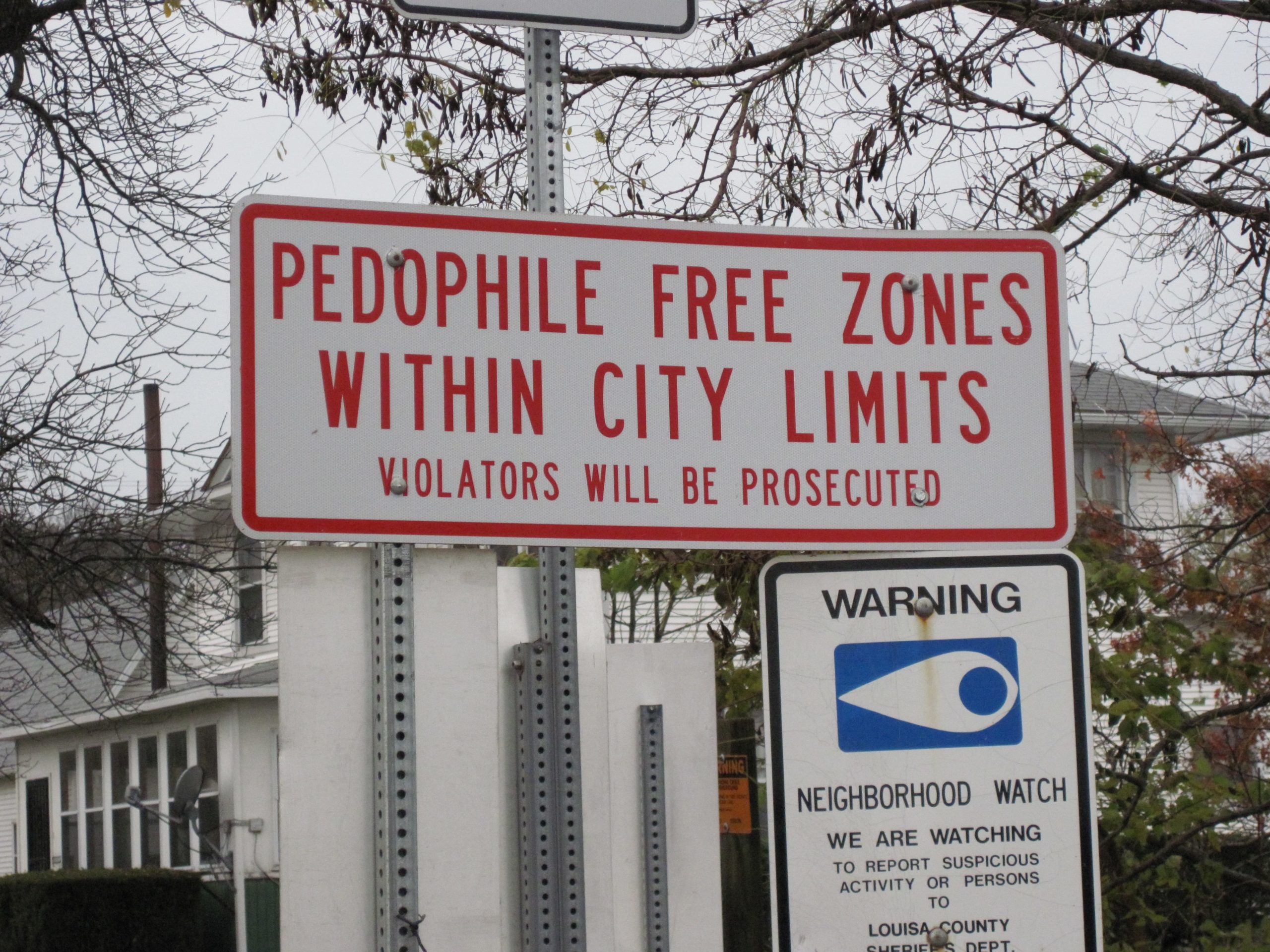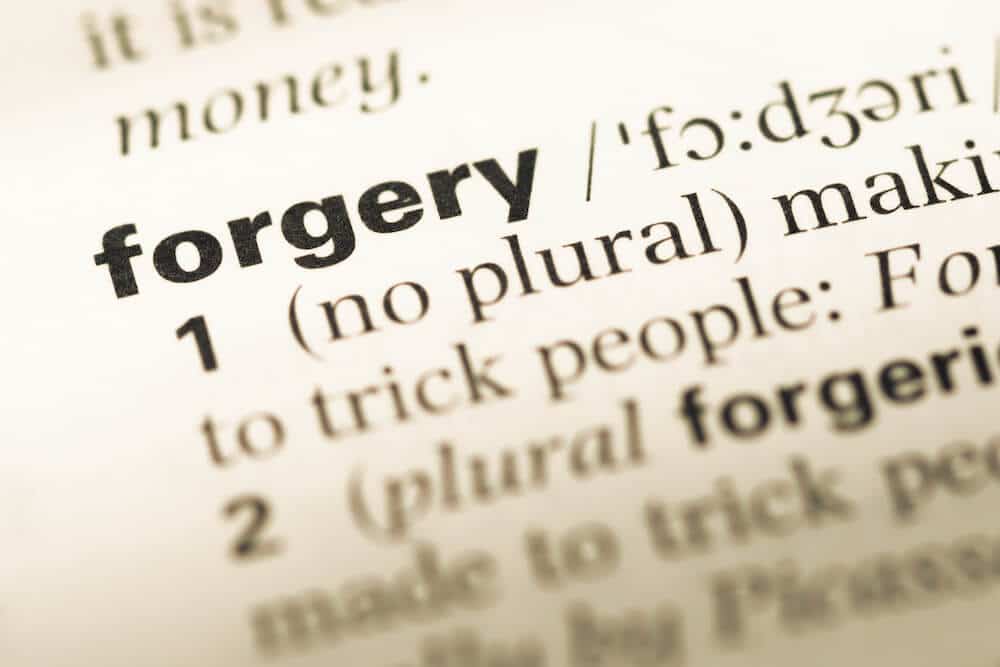- Home
- THE FIRM+
- Criminal Defense+
- CASE RESULTS
- AREAS WE SERVE+
- FAQ’s
- Blog
- Contact
AZHARI LLC BLOG
Apr. 5 2018
Federal Sex Crime Charges: How They Work

Posted By: Sami Azhari
Category:
If you have been charged with a sex crime under federal law, you’re probably wondering what is going to happen to you.
In this post, we will detail which acts are covered under the law, the associated penalties, sex offender registration, and how to get help from a skilled federal sex crimes attorney.
Sex Crimes Covered Under Federal Law
These are serious offenses that come with heavy penalties if you are convicted. The sex crimes that fall under federal law include the following:
Aggravated Rape or Sexual Abuse
This charge applies when threat of force or actual force is used upon someone to induce them to participate in unlawful sexual conduct. It also includes forced sexual conduct on an intoxicated person, a minor under age 16, or someone with mental or physical infirmities that prohibit consent.
Child Exploitation
This charge can take several different forms. It may involve coercing or enticing a child for the purpose of unlawful sexual conduct or prostitution. Normally a federal charge applies when the activity takes place across state lines. For sex crimes that involve minors, the penalties given are almost always to the full extent of the law.
Human Trafficking
This offense involves selling, buying, or enslaving individuals for unlawful sexual conduct.
Kidnapping with Intent to Commit a Sex Crime
This is a serious charge that is punishable by decades in prison.
Possession, Distribution, or Production of Child Pornography
Authorities will use your IP address(es) and search your property to determine whether you have possessed, distributed, or produced child pornography. Sentencing varies based on the age of the child who is depicted and can be twice the normal sentencing for crimes committed against an adult. A conviction can result in up to a life sentence.
Solicitation of a Minor
This charge applies for knowingly coercing, inducing, enticing, or persuading anyone under the age of 18 to engage in unlawful sexual conduct or prostitution. The act can occur in person or through electronic communications. Penalties involve up to 20 years in prison and/or a fine set by the court.
Repeat Offenses
If someone has a prior conviction for any of the above crimes, repeat offenses may be handled at the federal level.
The harshest penalties will apply for acts that are violent, sadistic, or resulting in death.
Some of these charges can be prosecuted under Illinois state law, but they may be transferred to the federal courts if the crime occurred over state lines or if the charges are extraordinarily complex.
Registering as a Sex Offender
The federal government has jurisdiction over maintaining the National Sex Offender Registry. A sex crime conviction will result in a requirement to register. Proper registry is required, or fines and up to a 10-year prison sentence may apply. If an individual commits a violent crime under federal law and fails to register or update information, a 30-year prison sentence may apply.
The Sex Offender Registration and Notification Act (SORNA) was adopted in 2006 to strengthen tracking and monitoring efforts by the federal government. The registry requires that offenders keep the following data updated:
- Name and aliases
- Social security number
- Location of residence
- School attendance information
- Employment status
- License plate number and registration
The state government will supply the federal registry with the following information:
- Photograph of offender
- Physical description
- DNA sample
- Finger and palm prints
- Driver’s license number
- Criminal record
- Parole or probation information
- Arrest warrants
- Status of registration
The following entities will have access to the above information on the offender.
- Local jurisdictions for residence, school, and/or place of employment
- Any public housing agencies or schools near the offender’s residence, school, and/or place of employment
- Any agency seeking a background check
- Volunteer and social service organizations
- Certain organizations, companies, and individuals in special jurisdictions
The length of registry requirement depends on the seriousness of the crime. An offender in Tier I will be required to register for 15 years. An offender in Tier II will need to register for 25 years. Lifetime registration is required for a Tier III offender.
Other restrictions apply when you are registered. You may not be allowed to reside or be outside in certain areas, such as parks or schools. You may be restricted in interstate or international travel. You may be required to enroll in a treatment or management program at a federal medical center.
Get Help from an Experienced Federal Crimes Attorney
When facing these charges, you need a knowledgeable criminal attorney with success handling federal cases to defend you. This is incredibly important, because there are big differences between taking on a state criminal case and one at the federal level. If you choose someone who does not know what he or she is doing, it can be the difference between life and death.
Want to learn more about how we can help? Contact us today for a free case review. We will work hard to fight your charges and get you the best possible outcome.
About the Author
Sami Azhari has been working as a lawyer since 2007, after receiving his Juris Doctor from the Michigan State University College of Law. He has handled numerous state and federal cases, and is known throughout the Chicago and Rolling Meadows area for providing his clients with high-quality, skilled representation. He has been recognized by SuperLawyers, the National Trial Lawyers Association, and other notable organizations, and has spoken at a number of legal conferences.



























































